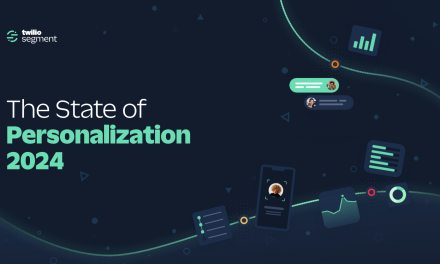The demise of third-party cookies and identifiers will test the capabilities and preparation of advertisers, publishers, and data platform companies, says a McKinsey report.
By 2022, regulations designed to protect consumer privacy—particularly the California Consumer Privacy Act—and major technology companies will need explicit permission of users to share and use data generated from digital interactions.
Since users are generally not aware of how their data is used and most likely will not consent to sharing their data, it will have huge implications for the $152 billion US digital advertising industry. The industry will likely lose access to most third-party data, which has powered programmatic advertising, which is advertising purchased and sold using software, said a McKinsey report.
McKinsey researchers also said that “some executives in the US ad ecosystem do not think this loss will materially affect their revenue and finances”. However, the economic impact on advertisers, publishers, and providers of data platforms seems to be uncertain with major challenges affecting their business.
For example, “advertisers and publishers will now need to depend primarily on their own first-party data, or on data from walled gardens, contextual targeting, and greater support from data platforms,” the researchers said in their report.
It should be noted that the significance of programmatic advertising has increased manifold in the past decade and it accounts for 78.4 percent of US spending on display and video advertising in 2020.


















